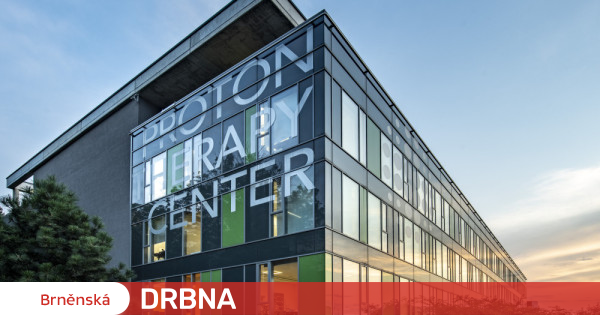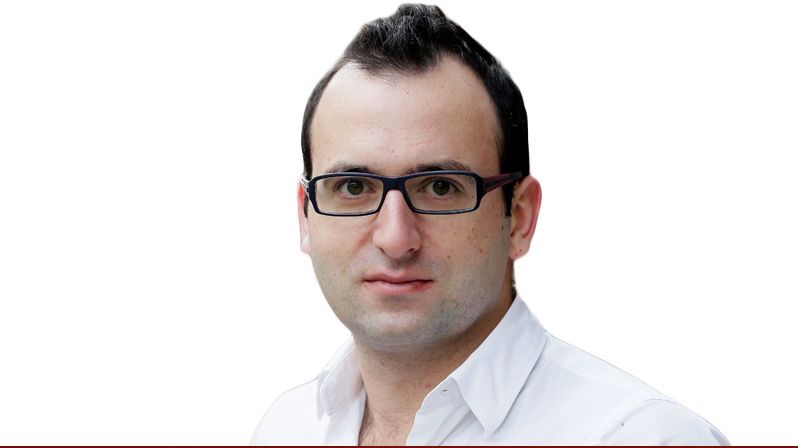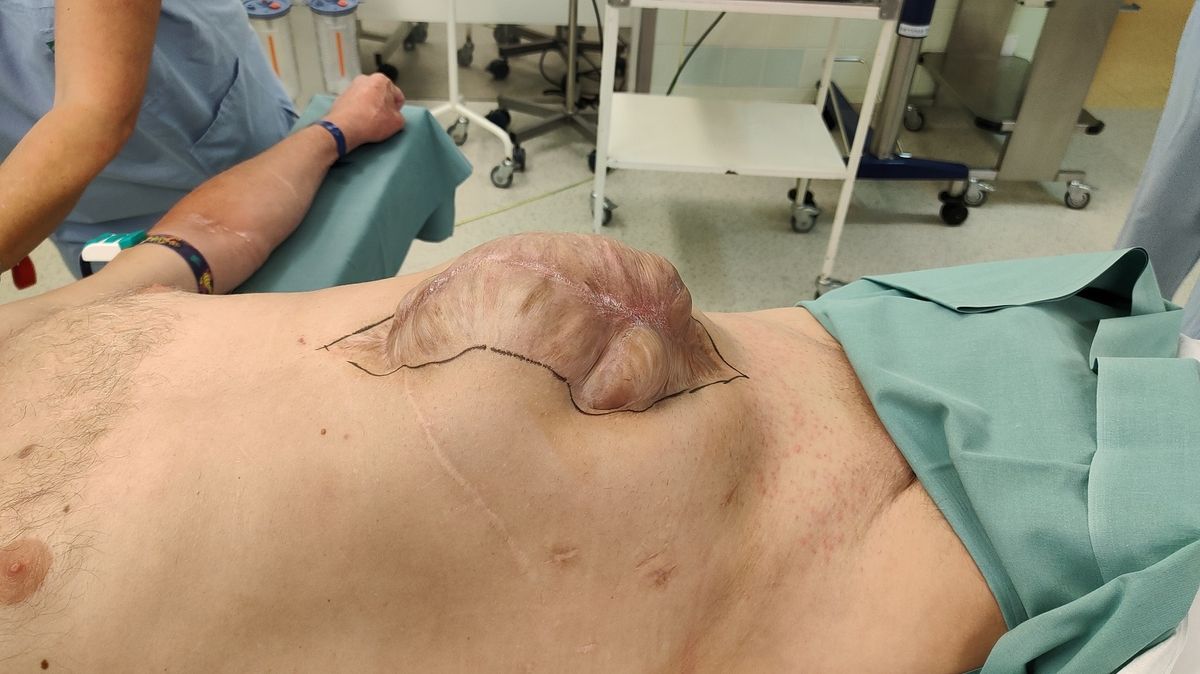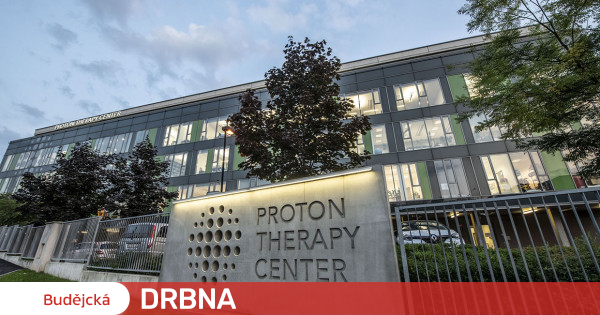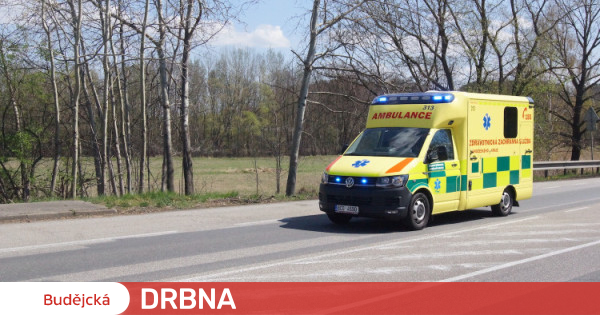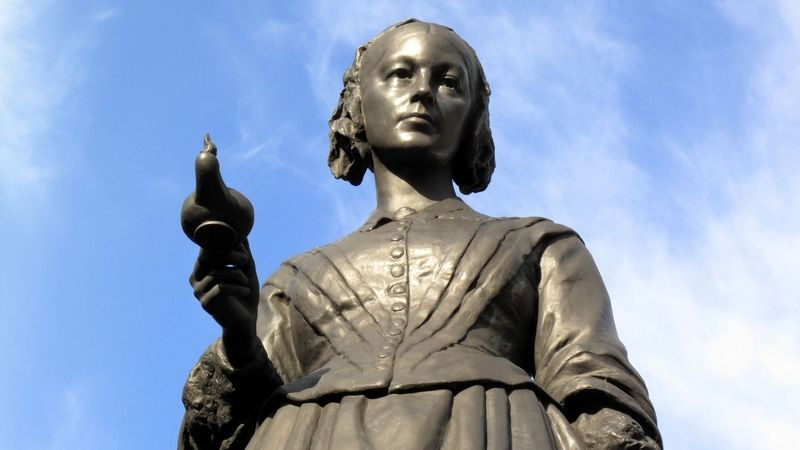Prostate tumor is one of the most common oncological diseases in Czech men. Every year, more than 8,000 people leave doctors with this diagnosis, and the number of cases is increasing from year to year: it has almost tripled in the last 20 years.
It would not be right to turn a blind eye to this fact – it would be much more meaningful if we sought information about available treatments and their side effects.
The most common method of treating prostate cancer
There are treatment methods in this case prostate cancer some, the most common include surgery (radical prostatectomy) and radiation (radiotherapy), when it is possible to undergo radiation in the Czech Republic photon or protonic. Each patient should be informed by his or her treating physician about all treatments permitted by his or her specific diagnosis, as well as about side effects and their possible impact on daily life.
Complications associated with prostate cancer treatment include: incontinence (spontaneous urine leakage) a inability (erectile dysfunction). For active men, when these complications arise, the use of incontinence devices, as well as the inability to achieve a quality erection, constitutes an undesirable intervention in life, with considerable effects on the psyche.
Both of these phenomena occur as a result of the use of both treatment modalities mentioned above, but in completely different numbers of patients.
The numbers speak for themselves
In the last year, it was published in long-term clinical studiesconducted worldwide, data shows about prostate cancer treatment. The study involved surgery and both types of radiotherapy and was followed up success rate of one of each type of treatmentas the possibility of the disease returning and the occurrence of side effects.
Published data shows that proton radiotherapy achieves the best results. It shows the highest treatment success rate, and therefore the lowest chance of the disease returning at the same time (up to 96.5 – 98% of patients can be cured of low risk prostate cancer). Patients after proton therapy also experience it lowest risk of unpleasant side effects (minimal patient suffering afterwards proton therapy incontinence and most patients can resume sexual life after proton therapy).
In contrast, most men experience erectile dysfunction after prostate cancer surgery. “Erectile dysfunction after radical prostatectomy is very common and reaches a range of 30-100%”, reports the website of the Czech Urological Society. A Swedish study published in 2021 then compared laparoscopic and robotic prostate cancer surgery in around 4,000 patients. In this study, it was explained that there was no significant difference in the results of the two surgical methods, both in the level of side effects and disease recurrence. Return of the disease was noted in 51-69% of all operated patients within 10 years after surgery.
Operation it is also related to needs hospitalized for several days and other risks, especially for patients with related chronic diseases. For radiation rather, it occurs in outpatients, for a certain number of individual irradiation fractions, where Proton therapy shows superiority over photon irradiation: with proton radiotherapy only 5 or 21 days (depending on the stage of the disease), compared to 25 – 41 days with photon radiotherapy.
Protons can also heal you
It provides proton therapy in the Czech Republic Prague Proton Centersince 2012. Nearly 12,000 patients have undergone treatment here, and especially in cases of prostate cancer, the center prides itself on excellent resultscomparable to the world’s largest and most successful proton radiation cancer treatment centers – such as MD Anderson in Texas or Sapporo Hospital in Japan.
At Proton Center, each patient has their own doctor during treatment, and a care coordinator is also available to set check-up dates and is ready to answer any questions at any time. Patients always come first here. Proton treatment it is also fully covered by health insurance.
If your family also has prostate cancer, think carefully about the treatment method you choose. You want to know all treatment options, their outcomes and risks. At the Proton Center, they are always ready to listen to you and answer any questions regarding proton radiotherapy — just call +420 222 999 000 or fill out the contact form on the website.

“Certified bacon geek. Evil social media fanatic. Music practitioner. Communicator.”

